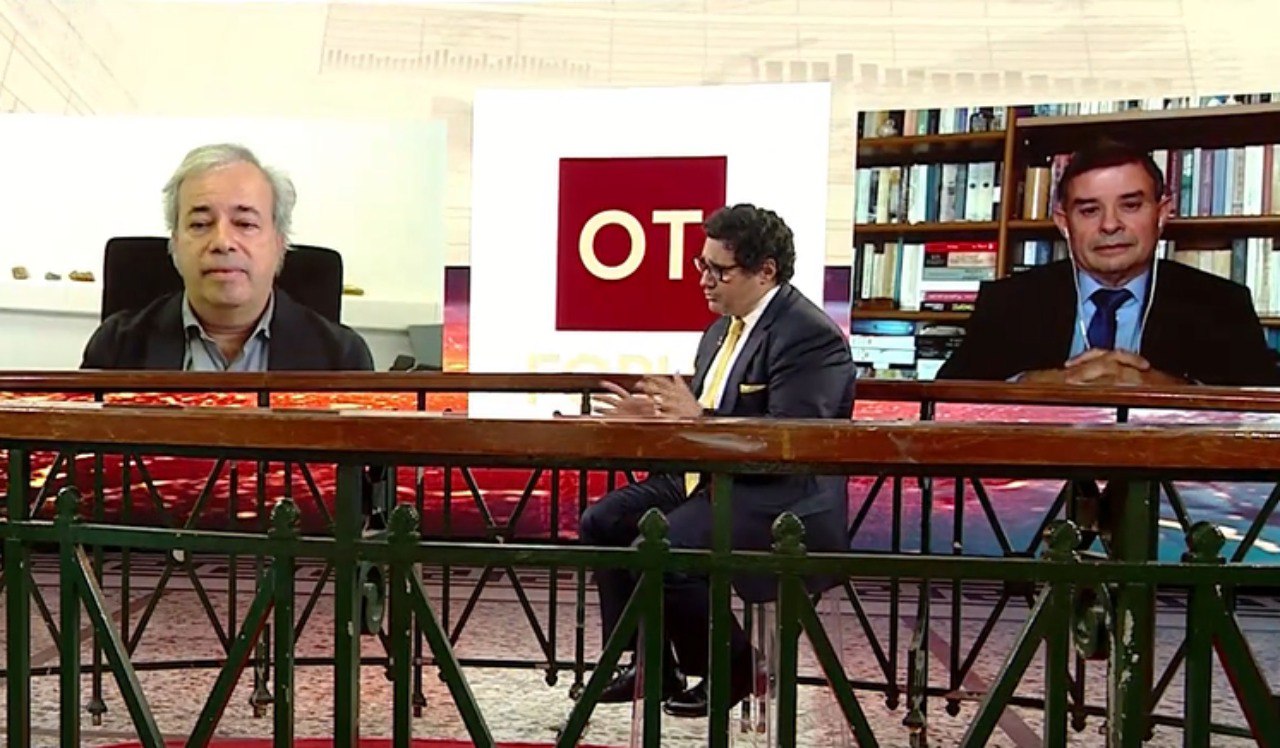
Large deposits which, if exploited, could in the long run cover even 15% to 20% of the needs of the entire European Union may exist in Greece, from Corfu to Crete and all the way to Kastellorizo, was the revelation made at the conference of the OT Forum on economics, politics and energy.
Mr. Giannis Grigoriou, Vice President of the Continental Europe Energy Council, revealed that according to studies by the Hellenic Hydrocarbon Management Company – EDEY and the Greek Energy Forum – GEF, in our country there may be 70 to 90 trillion cubic feet – or 2 to 2.5 trillion cubic meters of natural gas which, if sufficiently utilized, can be an energy treasure trove. In order for this to happen and for giant companies in the field of global energy to continue to show interest that could contribute to their utilization, as he noted, the question is to have a long-term political will and the adoption of a similar energy strategy by all governments. Speaking to AlterEgoMedia journalists Nikos Filippidis and Christos Kolonas who coordinated the discussion on “Hydrocarbon Exploration and Gas Pipelines in the South East Mediterranean “, Mr. Grigoriou also expressed the assessment that today Israel appreciates more its relationship with Greece and the issue of energy, despite the effort made by Turkey, which is trying to take advantage of the situation for its own reasons.
The full exploitation of deposits that can be found in Greece requires at least 3.5 years, which is the minimum for the project and the exploitation of deposits to proceed, as noted by Dr. Spyros Bellas, as noted by Dr. Spyros Bellas, Geologist, Principal Investigator, at the Institute of Geoenergy of the Foundation for Research and Technology (IG / FORTH) in Crete, speaking at the conference. He pointed out that the opportunity for the exploitation of large potential deposits has not been lost and that by opening the relevant chapter again, the possibility of finding partners in joint ventures would help to make progress, as well as giving relevant extensions to licenses, etc.
For his part, Professor Theodoros Tsakiris, Assistant Professor of Geopolitics and Energy Policy at the University of Nicosia praised the great importance that the construction of the EastMed pipeline would have for Greece, despite the difficulties that seem to exist today. As he said at the OT conference, there are three main reasons for EastMed’s development and construction.
First, the conditions of the energy crisis because of the war in Ukraine create a new situation for the demand for gas and the replacement of the Russian supplies. Second, the pipeline can also be constructed as a transport infrastructure for hydrogen. In this way it will be compatible with the energy transition in the medium to long term and will help both the environment and its costs. Finally, such a pipeline would offer a significant diversification strategy for energy sources or countries through which the pipelines pass – and, above all, a diversification strategy vis-à-vis Russia and Turkey, he said.
Regarding the deposits in Greece, Dr. Spyros Bellas on his part pointed out that after the existing research for hydrocarbons in Greece, the objectives that have emerged are satisfactory to make further exploratory drilling in our country. The goals, as he said, are many and are defined in eight to ten in each region of Crete, in three to four in the Ionian and as many in the region of Kyparissiakos Gulf. Natural gas can generally contribute to achieving environmental goals in the second year, as it has been classified as an energy fuel for renewable energy sources, he said.
The OT conference was held today for the second day, with the heart of the Economy – and not only – “beating” at the historic headquarters of the Stock Exchange, on Sophocleous Street.
Latest News
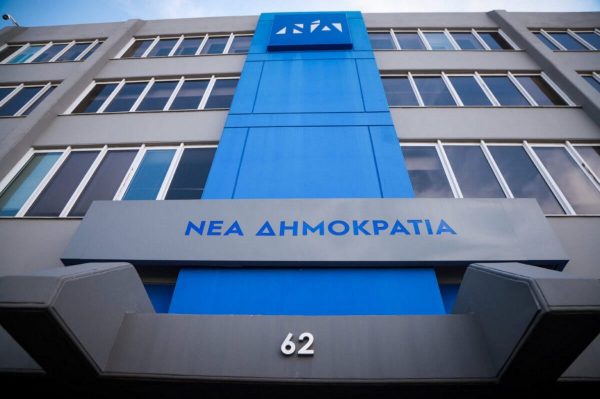
PM Mitsotakis to Chair New Democracy’s Committee Meeting
Today’s meeting is seen as a crucial opportunity to halt internal disputes within ND and reaffirm unity within the party.

Trump Tariffs Jeopardize Growth: Piraeus Chamber of Commerce
The tariffs, aimed at reducing the U.S. trade deficit, are expected to have both direct and indirect effects on the European economy

EU Condemns Trump Tariffs, Prepares to Retaliate
As tensions escalate, the EU is expected to continue negotiations with Washington while preparing for potential economic retaliation.

The Likely Impact of Trump Tariffs on Europe and Greece
Trump tariffs are expected to negatively affect economic growth in the Eurozone while Greece's exports could take a hit.

Motor Oil Results for 2024: Adjusted EBITDA of 995 mln€; Proposed Dividend of 1.4€ Per Share
Adjusted EBITDA for 2024 was down 33% yoy. The adjusted profit after tax for 2024 stood at 504 million euros, a 43% decrease from the previous year

Cost of Living: Why Greece’s 3% Inflation Is Raising Alarm
Greece appears to be in a more difficult position when it comes to price hikes, just as we enter the era of Trump’s tariffs.

Fitch Ratings Upgrades the Four Greek Systemic Banks
NBG’s upgrade reflects the bank’s ongoing improvements in its credit profile, Fitch notes in its report, including strong profitability, a reduction in non-performing exposures (NPEs), and lower credit losses

Trump to Announce Sweeping New Tariffs Wednesday, Global Retaliation Expected
With Trump's announcement just hours away, markets, businesses, and foreign governments are bracing for the fallout of one of the most aggressive shifts in U.S. trade policy in decades.

Inflation in Greece at 3.1% in March, Eurostat Reports
Average inflation in the eurozone settled at 2.2%, compared to 2.3% in February

Greece’s Unemployment Rate Drops to 8.6% in February
Despite the overall decline, unemployment remains higher among women and young people.






























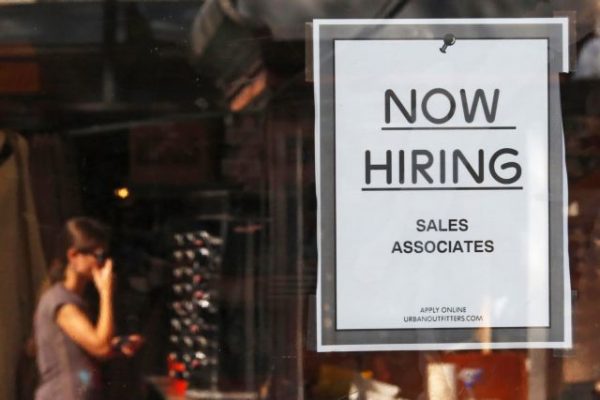

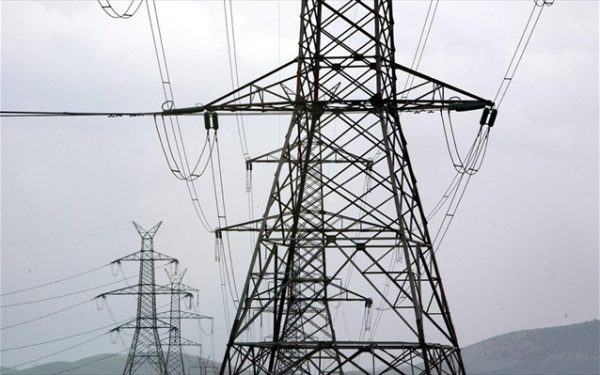

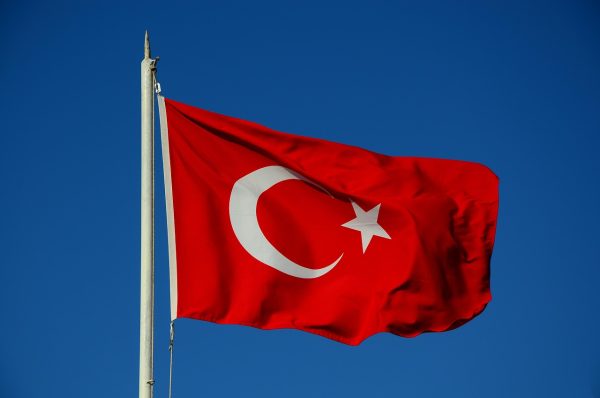
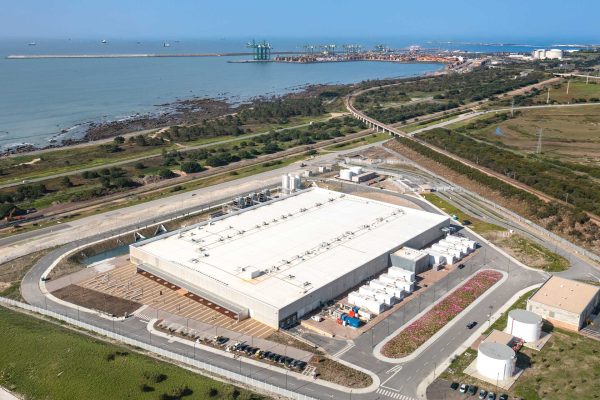

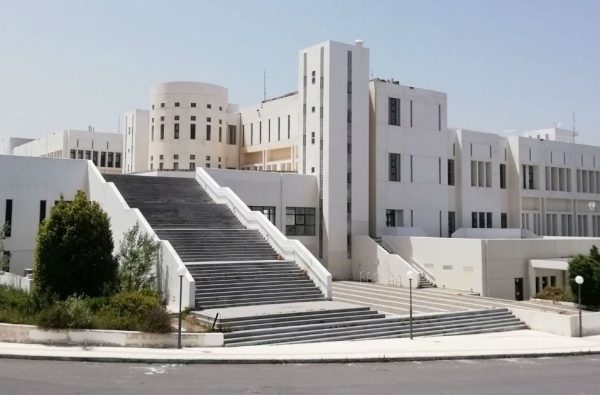



 Αριθμός Πιστοποίησης
Αριθμός Πιστοποίησης